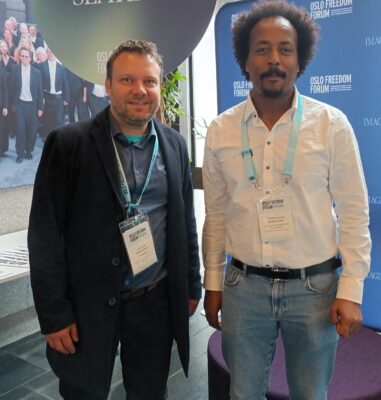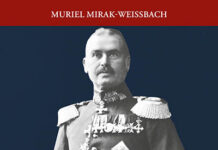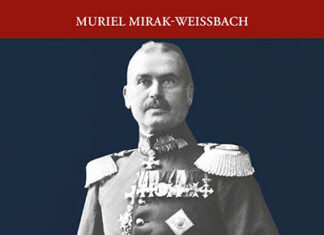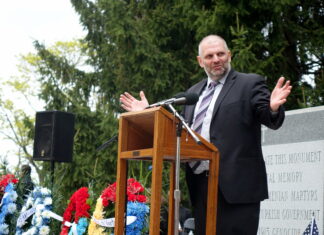By Harry N. Mazadoorian
As the solemn commemoration of the 100th anniversary of the Armenian Genocide approaches, we witness a torrent of powerful and thoughtful rhetoric about the importance of recognizing and commemorating this shameful event. Newspaper articles, public commemoration programs and communications with elected officials permeate the Armenian-American community: thousands of words are expended in pursuit of the elusive recognition of one of the darkest chapters in human history and to gain support for the Armenian cause.
But some question the effectiveness of so much effort to achieve this quest. What good do all these words do, they ask. We talk ourselves blue in the face and yet does anyone listen? Are any of our words heard? Do they have any impact? After all, the Genocide was in 1915 and the denial continues. Turkey refuses to acknowledge the atrocities and even the President of the United States adroitly side-steps any reference to the word Genocide.
Have the thousands of words expended lost all their power? Can anything be accomplished with more words? Mere words?
Those committed to keeping the memory of the Genocide burning brightly — in order to honor the martyred victims, to achieve justice and to insure that such atrocities will be averted in the future — should never lose sight of what can be achieved by continuing to rely on the spoken or written word. Indeed, the story must be told and retold, especially as the 100th Commemoration draws near, for surely the significance of the Genocide will be heard at that critical moment and by that one person who will adopt the cause and make all the difference. And make no mistake — one single person who might be moved into action by the Genocide story can have a major impact.








